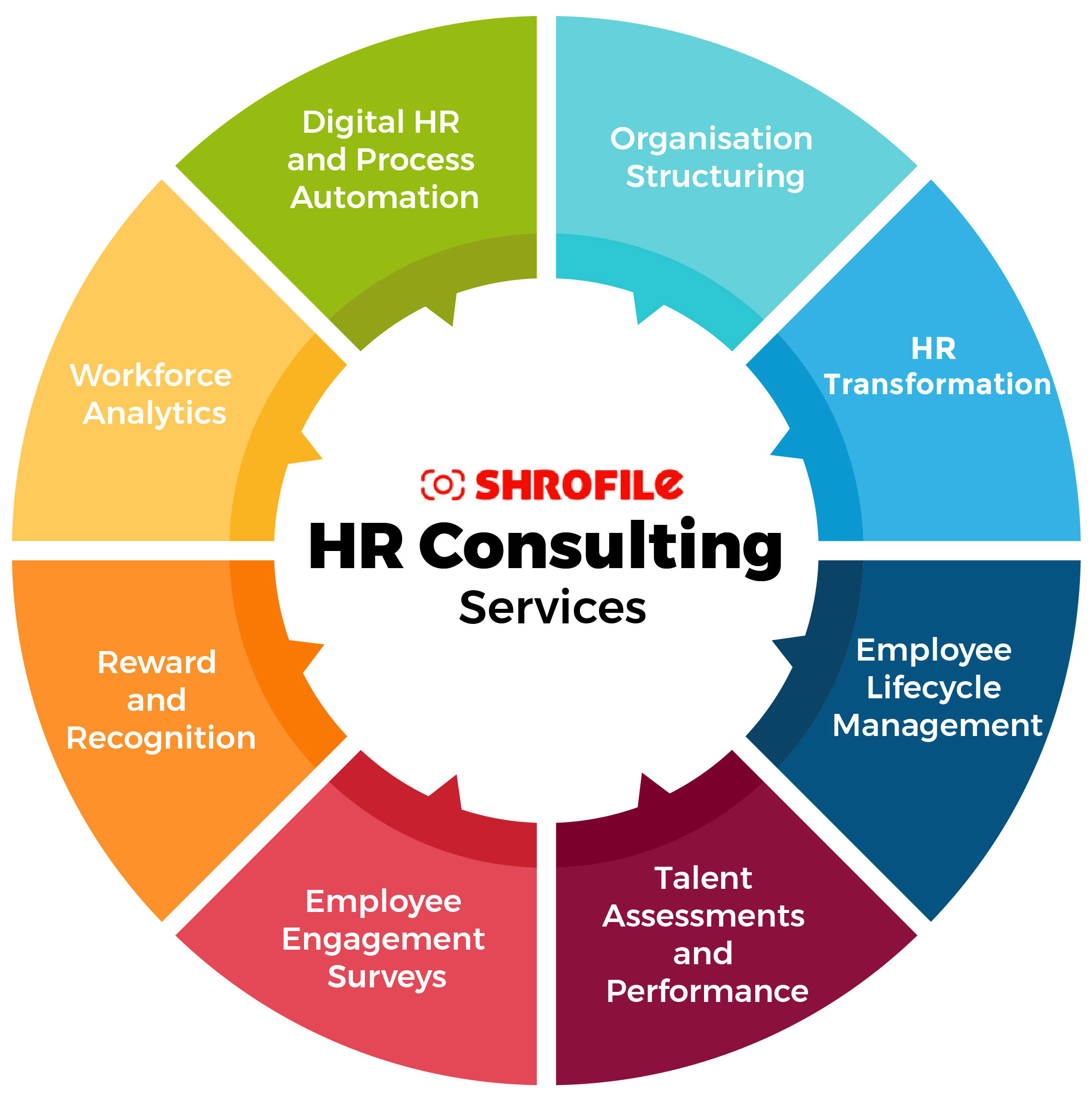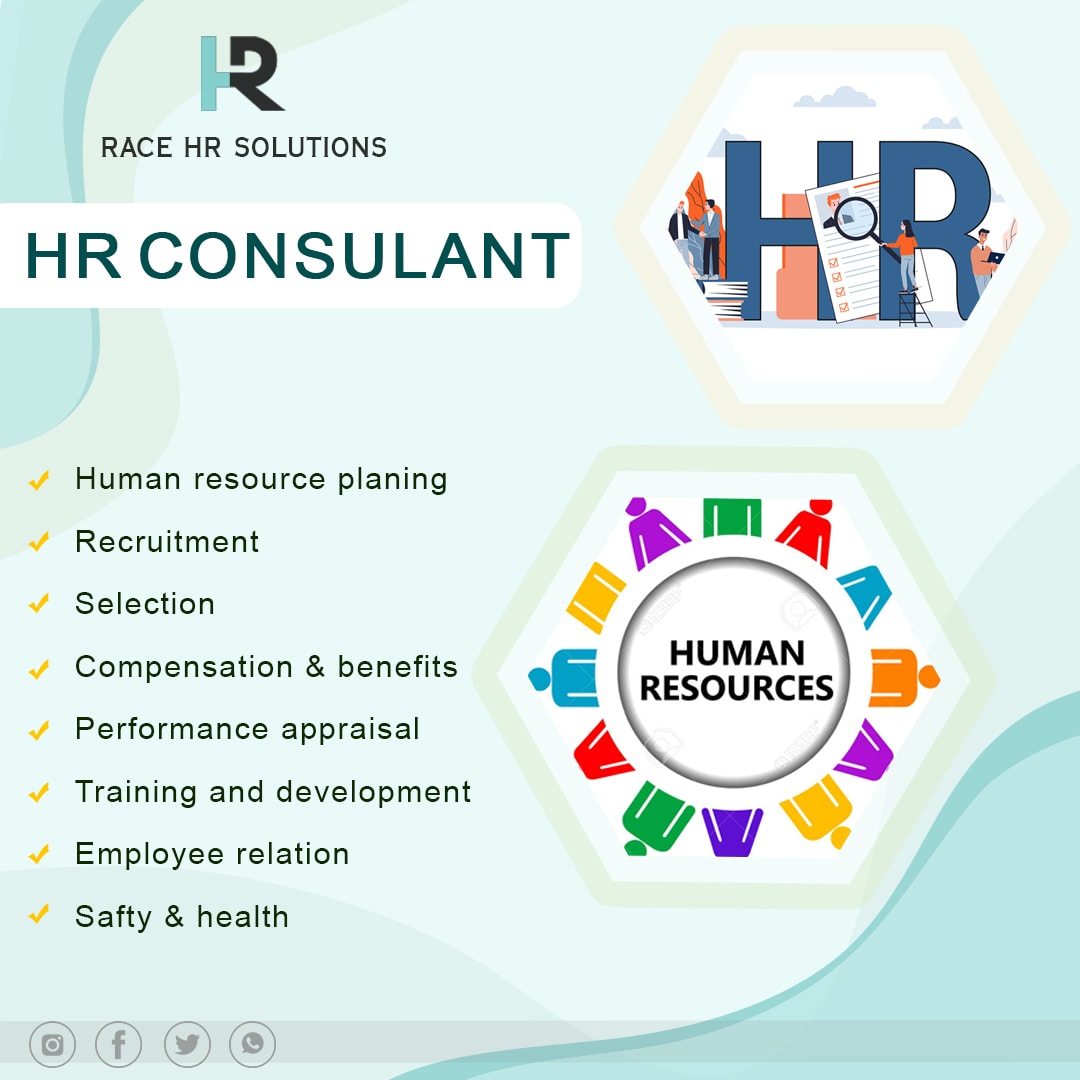What is Payroll Outsourcing?

What is payroll outsourcing?

Payroll outsourcing is hiring a third-party company to manage payroll-related jobs, consisting of computing and validating earnings and incomes, subtracting and depositing funds for tax withholdings, ensuring pre- and post-tax advantage deductions are processed, printing incomes, establishing direct deposits, and preparing payroll reports and journals for basic journal entries.

An outsourced payroll company will require access to your service savings account and worker time tracking system. This requires trust between the business contracting the payroll service and the service itself. A legally binding service agreement describing the payroll outsourcing business’s terms, conditions, and expectations strengthens that trust.
Companies that work with a payroll contracting out supplier might also want to contract out PEO or HR services. Try to find a “full-service payroll service provider” to deal with that. Their services typically consist of handling staff member benefits, tax filing, and personnel functions like onboarding and evaluating health insurance coverage suppliers. Pricing will be based upon the number of employees.
Why should a service outsource payroll?
There are a number of reasons a company should consider outsourcing payroll. Two of them are tax compliance and accurate tax reporting. A payroll specialist is trained in both functions. A third-party service provider will have a payroll team of specialists dealing with your account. They’ll deal with the payroll obligations, tax withholdings, and employee advantages.
Outsourcing saves time
Payroll processing is time-consuming. Payroll administrators track and execute advantage deductions, wage garnishments, paid time off, unsettled time off, taxes, and payroll mistakes. They likewise need to be familiar with information security problems that could occur during the onboarding when they collect worker information. A payroll company can deal with all that for you.
Outsourcing can reduce costs
The time workers invest processing payroll in-house and the wage of the payroll supervisor are costs. A small company can invest a substantial part of its revenue on those costs. It’s typically more affordable to work with a payroll processing service. Prices for some payroll services are as low as $40 each month to deal with basic payroll functions.
Outsourcing guarantees tax accuracy
Small companies can not manage errors in payroll taxes. The charges and fees assessed by state and IRS tax auditors can be substantial. An established payroll company will guarantee that the right quantity of taxes will be kept and deposited on time. They assume the responsibility and liability for that, providing your business comfort.
Outsourcing offers data security
Payroll business use advanced security steps to secure worker info. That includes preserving privacy on problems like wage garnishment, payroll mistakes, and corporate tax filing. Companies with a self-service payroll system or on-site benefits manager do not generally execute the exact same security protocols.
Outsourcing eliminates software application issues
The costs of installing, preserving, and repairing payroll software build up quickly when you have a large labor force. Hiring the best payroll company eliminates that issue. They have their own software, and it’s included in what you pay them. That can simplify accounting procedures like expense management and streamline your money flow.
Outsourcing features a payroll support team
Companies that do payroll independently typically have someone reacting to support issues. Outsourcing generates an assistance team that can manage concerns about direct deposit, advantage deductions, tax liability, and more. This also falls under “expense conserving” because someone who would otherwise be managing service issues can be redeployed elsewhere.
What is payroll co-sourcing?
Another choice for small companies that need help is payroll co-sourcing. This is a hybrid design in which payroll tasks are divided in between business and the third-party payroll service provider. For example, the payroll business handles tasks like data entry, tax estimations, and issuing incomes or direct deposits. The primary service keeps control over the movement of payroll funds and making tax withholding deposits.
Special factors to consider for worldwide payroll outsourcing
Most small organization owners in the United States don’t need to handle worldwide payrolls. If you broaden your services or work with specialized workers outside the nation, that might change. International payroll solutions consist of multi-currency capability, compliance for the countries you’re doing company in, and international tax rates and tables.
The payroll needs of staff members in other nations differ from those in the United States. For example, 35 hours is thought about a full-time workload in France. Your company would need to pay overtime for anything over that. You don’t need to pay social security tax. You may, nevertheless, need to pay US business income tax.
Benefits administration for a worldwide payroll is various also. HR teams with companies doing internal payroll will be responsible for examining medical insurance requirements and maximum retirement contribution rules in the nations where you have employees. The service requires to do that every pay duration if you’re actively hiring. That’s a lot to track.
How payroll outsourcing works
Outsourcing involves moving payroll information. Automation streamlines that, so you’ll wish to find a payroll service with good innovation. Best practices suggest opening a different service checking account particularly for payroll. Many business established sub-accounts of their main bank account to simplify the transfer of funds to cover payroll checks and direct deposits.
Planning to contract out payroll
The next step is to choose what degree of outsourcing is appropriate. Turning “all things payroll” over to a third-party supplier might not be the most affordable solution. Some businesses pick to co-source payroll, keeping some of the payroll jobs in-house. That provides the company control over the procedure without taking on a heavy workload.
Picking a payroll contracting out partner
A lot enters into selecting the best payroll outsourcing partner. Doing organization with somebody you trust is very important, so find a payroll business with an excellent reputation. If you’re co-sourcing, you’ll need a partner going to share the workload. Using payroll software application is also an option. Many payroll software service providers have live assistance teams.
Establishing and running payroll
Decide how frequently you wish to run payroll. Some companies do it weekly, while others choose biweekly or monthly. Once you pick a payroll cycle, run a sample talk to a pay stub to ensure the system works properly. Your outsourced payroll business will likely do that anyway. If not, request it so you can see how the procedure works.
Facilitating worker self-service
Outsourced payroll companies typically offer online portals where employees can see their take-home pay, benefits, and tax reductions. Directing them there rather than to a live assistance center is an excellent method to lower corporate costs. It may take a while for workers to adopt this technique. Stay consistent with your messaging up until it takes hold.
Payroll tax and compliance issues
Employers are eventually accountable for paying payroll taxes, even if they contract out payroll to a third-party supplier. The payroll company can improve your operations to make them more cost-effective, and it can take on the responsibility of tax withholdings and deposits. However, any IRS penalties for mistakes will be imposed versus the main company.
IRS correspondence is constantly sent out to the main company, not the third-party supplier. They do not send out a copy to your payroll company. You can change your address to the payroll company, but the IRS does not advise that. If mail is mishandled or responsible parties are not in the office, your company might be on the hook for their mismanagement.
Federal tax deposits should be made through electronic funds transfer (EFT) to adhere to IRS guidelines on payroll. The IRS has a system called the Electronic Federal Tax Payment System (EFTPS) to facilitate that. Businesses are appointed an employer recognition number (EIN) that needs to be provided to the payroll company if you’re going to contract out.
Please talk to a tax professional to provide additional assistance.
Best practices for outsourcing payroll
Relinquishing control over your payroll is a big offer. Following these finest practices will assist make the search for a supplier and the shift smoother. It’s likewise advised that you do not do this alone. Form a group at your business to investigate payroll outsourcing, then take a moment to review these and the “Frequently Asked Questions” section below.
Choose a trusted payroll supplier
Reputation needs to be critical in your look for a third-party payroll business. This is not a service you want to shop by rate. Look for online evaluations. Ask other company owner who they are utilizing. You can also speak with your bank or inspect the Integrations Page on our site. Rho connects to accounting, ERP, and human resources companies with payroll partners.
Research policies and tax commitments before outsourcing
Your business is ultimately responsible for employee tax withholdings and payroll tax deposits to regional, state, and federal income departments. You can outsource those responsibilities, but you’ll pay the price for any errors. Research this and other regulations that affect how you pay your workers. Make certain you understand what your tax obligations are.
Get stakeholder buy-in
Your staff members are your stakeholders. Consulting them about transferring to an outside payroll business will make the transition simpler for you and your management team. Many employers begin the outsourcing procedure by conversing with their employees about what they want from a payroll business. This can likewise assist you construct an advantage bundle.
Review software application options
One alternative to outsourcing is utilizing payroll software that automates much of the payroll processing. While this might not fully free you from dealing with payroll concerns, it might simplify preparing and issuing paychecks and direct deposits. Review software application options before choosing an outside business to handle payroll and benefits.
Build redundancies for accuracy
Running a payroll in parallel with the payroll being run by an outsourced provider produces a redundancy to guarantee accuracy. Think of it as a check and balance system that secures you if the payroll business decreases for any reason. When things run efficiently, you will not need to process checks. When they do not, you’ll have the ability to do so.
Payroll contracting out FAQs
How does payroll outsourcing work?
Payroll outsourcing is transferring payroll jobs and obligations to a third-party payroll service provider. Depending on the arrangement between the primary company and the payroll service provider, the company can be responsible for all or just a few of the payroll tasks. Examples of payroll tasks are validating salaries, subtracting and depositing payroll taxes, and printing paychecks.
Is payroll outsourcing a good idea?
Companies that outsource payroll can minimize the expenses of handling and delivering worker compensation. Some outsourced payroll companies likewise use human resources, which can simplify company operations. Those are both good concepts, but contracting out will boil down to your service requirements. It’s a great concept if it enhances your bottom line.
Who are some typical payroll contracting out partners?
Gusto, Paychex, and ADP are 3 of the most widely known payroll companies. QuickBooks, a popular accounting platform for small companies, likewise has a payroll service. If you operate internationally and require several currencies and international compliance, examine out Rippling Global Payroll. For human resources, take a free demo of BambooHR.
Can I do payroll myself?
Yes, you can do payroll yourself. However, if you wish to do it properly, you’ll require the ideal payroll software application. Doing it without software leaves excessive room for mistake.
When does it make good sense for a business to begin payroll outsourcing?
Companies can outsource their payroll at any time. It’s generally a great concept to start pricing payroll services when you get near 10 staff members. Evaluate the expense and the time it takes to process payroll each week. You’ll understand when it’s time to make a move.
Conclusion: Simplify payroll with Rho and Gusto
Outsourcing payroll to another company can be an excellent move for lots of services. But it is essential to carefully look into the outsourcing process, comprehend your tax commitments, and fully vet any company you’re thinking about as a third-party payroll processor.
Once you do choose one, Rho has direct combinations with one of the most popular options on the marketplace today: Gusto. Through this direct integration, teams on Gusto can ready up rapidly with Rho and start running payroll more efficiently. With Gusto, groups can anticipate not only enhanced payroll procedures, but HR, too. By removing the friction from these vital work streams, groups can focus on other elements of their organization, all while staying a certified, effective, and trustworthy.

Discover more about Rho’s combinations today.
Any third-party links/references are offered for informative functions just. The third-party websites and material are not backed or by Rho.

Rho is a fintech company, not a bank. Checking and card services offered by Webster Bank, N.A., member FDIC; cost savings account services offered by American Deposit Management Co. and its partner banks.
Note: This content is for informational functions only. It doesn’t always reflect the views of Rho and ought to not be interpreted as legal, tax, advantages, financial, accounting, or other suggestions. If you need specific recommendations for your service, please speak with an expert, as rules and guidelines change frequently.



